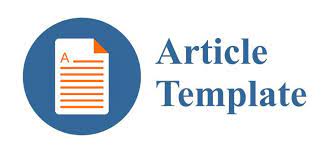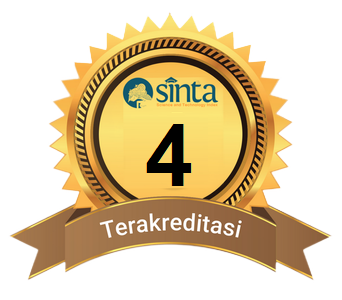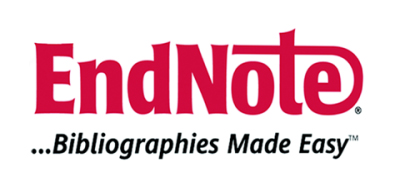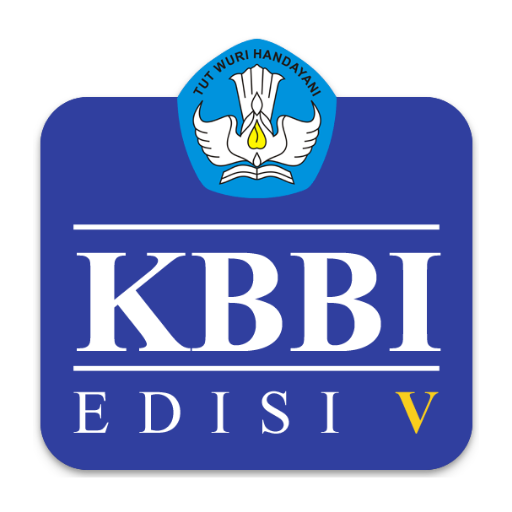AKTUALISASI WARGA GLOBAL YANG HUMANIS
Keywords:
Pendidikan Kewarganegaraan, Warga Negara Global, Warga Negara Humanis, Isu GlobalAbstract
Perkembangan kehidupan dunia yang dinamis memberikan konsekuensi terhadap kemunculan konsepsi warga global terkait peran, kedudukan, dan partisipasinya. Konteks tersebut juga berhubungan dengan isu-isu global yang terkait dengan nilai-nilai kemanusiaaan. Upaya tersebut dapat disrespons melalui pendidikan, khususnya pendidikan kewarganegaraan (PKn). Rumusan yang dikemukakan dalam penulisan artikel ini ialah: 1. Bagaimana konsepsi warga global beserta isu-isu global yang menyertainya? dan 2. Bagaimana PKn dilaksanakan sebagai upaya pembentukan warga global yang humanis? Dalam implementasinya, warga global tidak bisa dilepaskan dari isu-isu global yang akan mempengaruhi persepsinya mengenai kehidupan global. PKn dapat dilaksanakan sebagai wadah bagi pengembangan nilai-nilai kemanusiaan yang toleran untuk menjamin kehidupan bersama yang harmonis dengan implementasi pilar-pilar pendidikan dan mengakomodir kecakapan abad 21 dan diharapkan mampu mengembangkan warga negara dari segi civic literacy untuk memiliki kemelekan terhadap isu-isu yang dinamis, civic responsibility untuk memiliki tanggungjawab terhadap hidup bersama yang harmonis, civic action untuk memiliki kehendak untuk bertindak dalam menyikapi isu-isu global, civic engagement untuk memiliki keterkaitan dengan kehidupan global dan isu-isu terkait, dan civic values untuk memiliki kepedulian pada nilai-nilai kemanusiaan.
The formation of the concept of global citizens in terms of their responsibilities, positions, and involvement is impacted by the dynamic evolution of world life. The context is also relevant to universal problems with human ideals. Education, especially civics education, can counteract this endeavor. In order to create compassionate global citizens, two formulations were put out in the composition of this article: 1. What is the conception of global citizens and the corresponding worldwide issues? and 2. How is civic education implemented? Global issues that will influence citizens' perspectives of global living cannot be isolated from in its implementation. Civics can be used as a platform for the growth of understanding human values to maintain a peaceful shared existence. With the implementation of the pillars of education and accommodating 21st century skills, is expected to be able to develop citizens in terms of civic literacy to have literacy for dynamic issues, civic responsibility to have responsibility for living together in harmony, civic action to have the will to act in addressing global issues, civic engagement to have a connection with global life and related issues, and civic values to have concern for human values.
Downloads
References
Arif, D. B. (2017). Pengembangan Kebajikan Kewargaan (Civic Virtue) dalam Masyarakat Multikultural Indonesia: Peran Pendidikan Kewarganegaraan. Journal Civics & Social Studies, 1(1), 1-12.
Baharuddin, & Wahyuni, E. N. (2010). Teori Belajar dan Pembelajaran. Yogyakarta: Ar-Ruzz Media.
Brock, C. (2011). Education as Humanitarian Response. London: Continuum.
Churruca-Muguruza, C. (2018). The Changing Context of Humanitarian Action: Key Challenges and Issues. Dalam H.-J. Heintze, & P. Thielbörger (Penyunt.), International Humanitarian Action. Berlin: Springer.
Cresswell, J. (2003). Research Design: Qualitative and Quantitative Approaches. London: Sage Publications.
Delors, J., Al Mufti, I., Amagi, I., Carneiro, R., Chung, F., Geremek, B., et al. (1996). Learning: The Treasure Within. Paris: UNESCO.
Dill, J. S. (2012). The Moral Education of Global Citizens. Global Society, 541–546.
Estellés, M., & Fischman, G. (2020). Who Needs Global Citizenship: A Review of the Literature on Teacher Education. Journal of Teacher Education, 1-14.
Franch, S. (2020). Global Citizenship Education: A New ‘Moral Pedagogy’ for The 21st Century? European Educational Research Journal, 19(6), 1-19.
Komalasari, K. (2011). Kontribusi Pembelajaran Kontekstual untuk Pengembangan Kompetensi Kewarganegaraan Peserta Didik SMP di Jabar. Jurnal MIMBAR, XXVII(1), 47-55.
Komalasari, K., & Syaifullah. (2009). Kewarganegaraan Indonesia: Konsep, Perkembangan, dan Masalah Kontemporer. Bandung: Laboratorium PKn UPI.
Linklater, A. (2002). Cosmopolitan Citizenship. Dalam E. F. Isin, & B. Turner (Penyunt.), Handbook of Citizenship Studies. London: SAGE Publications.
Luthfi, Z. F., Muchtar, H., Bestari, P., Waldi, A., & Prasetiyo, W. H. (2019). Civic Education: Fostering Global Citizenship among Indonesian Students. CONVASH. Surakarta: Universitas Sebelas Maret.
Molina, S., & Lattimer, H. (2013). Defining Global Education. Policy Futures in Education, 11(4), 414-422.
Murdiono, M. (2018). Pendidikan Kewarganegaraan Global: Membangun Kompetensi Global Warga Negara Muda. Yogyakarta: UNY Press.
Partnership for 21st Century Skills. (2009, December). P21 Framework Definitions. Dipetik October 28, 2022, dari ERIC: https://eric.ed.gov/?id=ED519462
Pérez, G. P. (2019). Transformation of the Political Theory: Cosmopolitan Citizenship and Democracy. Open Journal of Political Science, 9, 314-348.
Prayetno. (2017). Warga Negara Global: Tantangan, Peluang dan Tanggung Jawab Bersama. Jurnal Pusham Unimed, VII(1), 1-20.
Sugiyono. (2017). Metode Penelitian Kualitatif. Bandung: Alfabeta.
Sutrisno. (2018). Peran Pendidikan Kewarganegaraan dalam Membangun Warga Negara Global. Citizenship Jurnal Pancasila dan Kewarganegaraan, 6(1), 41-51.
Trilling, B., & Fadel, C. (2009). 21st Century Skills: Learning for Life in Our Times. San Francisco: Jossey-Bass.
Wahab, A. A., & Sapriya. (2011). Teori dan Landasan Pendidikan Kewarganegaraan. Bandung: Alfabeta.
Wahyudin, D., & Suwirta, A. (2017). The Curriculum Implementation for Cross-Cultural and Global Citizenship Education in Indonesia Schools. Educare, 10(01), 11-22.
Winarno, B. (2014). Dinamika Isu-Isu Global Kontemporer. Yogyakarta: CAPS.
World Education Forum. (2000). The Dakkar Framework for Action: Education for All. Paris: UNESCO.
Downloads
Published
How to Cite
Issue
Section
License
Copyright (c) 2023 Yudha Pradana

This work is licensed under a Creative Commons Attribution-NonCommercial-ShareAlike 4.0 International License.




__.png)
















